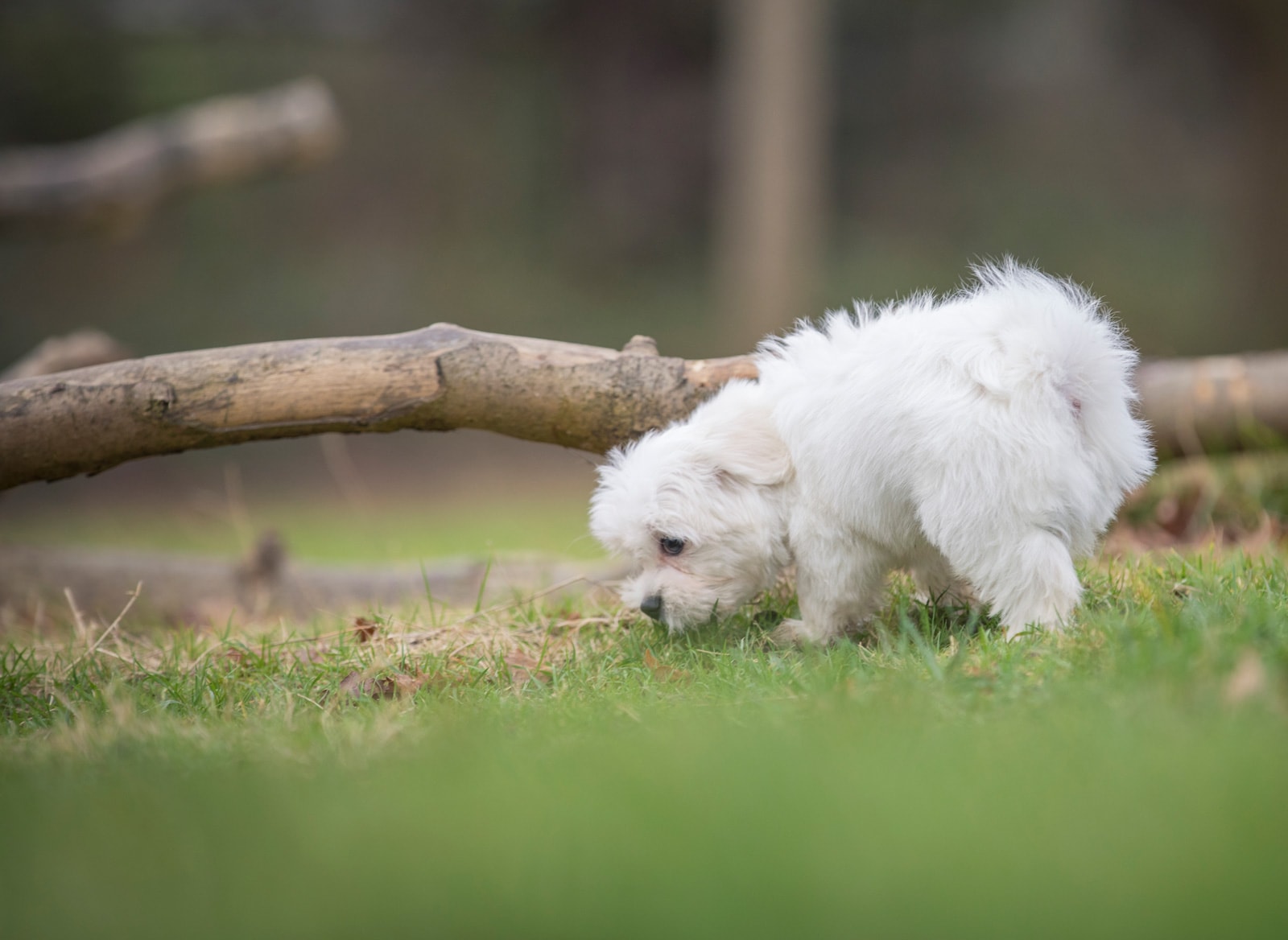Dogs use their sense of smell to understand the world around them, and their sense of smell is far more advanced than ours. While the human nose is equipped with roughly 5 million olfactory receptors, dogs may have up to 300 million - it's just as important to them as our vision is to us.
A walk in the park with your companion might present dozens of points of information, indicating the presence other dogs and their health, as well as the people who live with them.
Controlling Your Dog’s Sniffing
You can’t stop your dog from sniffing. They are naturally curious creatures and it’s their way of ‘seeing’ the world around them. However, sometimes dogs can sniff inappropriately and this can cause embarrassment, or perhaps your dog is too easily distracted by all the various smells along your daily walk. Here are some things you can do to keep this under control:
- Offer a diversion in the way of a treat, hand claps or rein in the leash
- Basic commands such as ‘sit’ or ‘leave it’ will help your dog to understand that their behaviour isn't helpful. Always have a few kibbles on hand as healthy treats to help reinforce your dog’s good behaviour.
- Crate train your dog so that they will willingly stay out of the way when you are entertaining friends and family
- Provide lots of exercise prior to any event so that your dog will be tired and won’t have the desire to sniff around as much.
Should Dogs Have a Wet Nose?
Not necessarily! Dogs noses do tend to be wet because they lick them. This helps with their sense of smell and means they can more easily determine where a smell is coming from, but it’s not necessarily an indicator of the dog’s overall health, and having a dry nose shouldn’t usually be a cause for concern.
If you’re worried about the health of your dog for any reason, it’s best to take them to your vet to get a professional opinion.
SIGN UP FOR MONTHLY EXPERT TIPS AND INCENTIVES
Track your dog's development with our monthly tips on nutrition and health, tailored to your dog's age and breed size.

